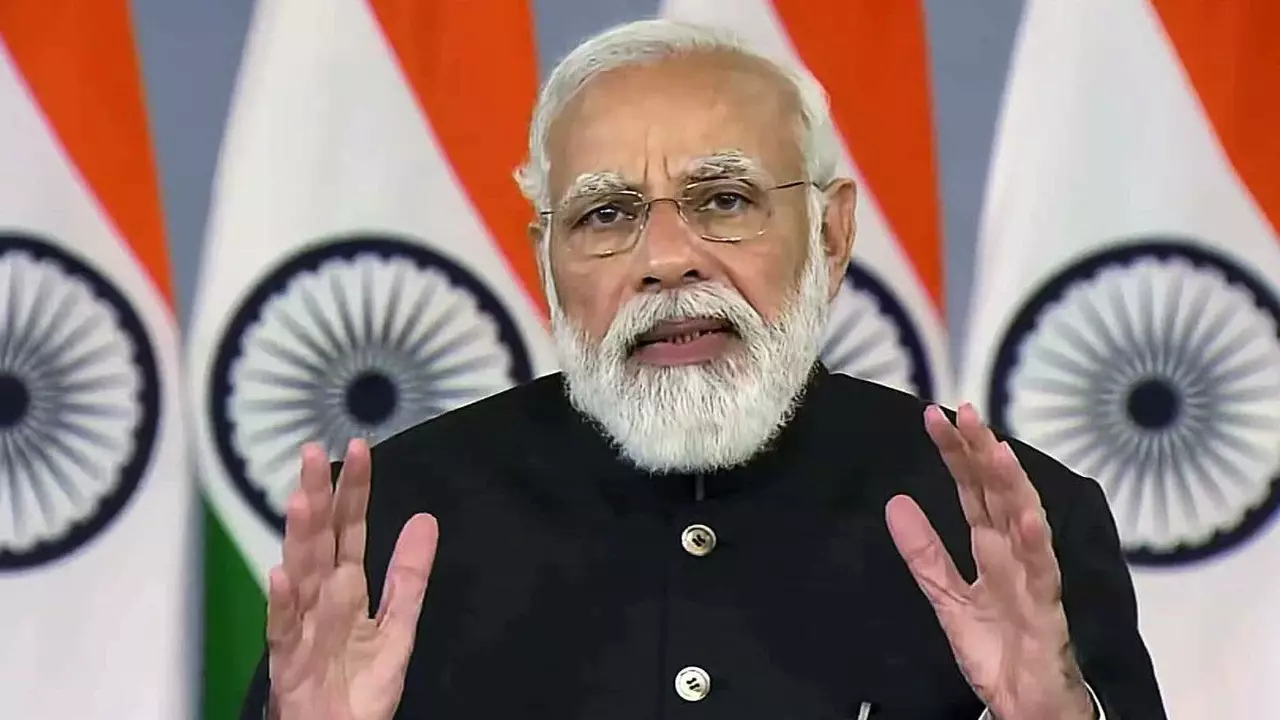PM Narendra Modi: Who He Is and Why He Matters
Narendra Modi has been India’s prime minister since 2014, and his name pops up in everything from elections to everyday conversations. But what makes him such a big deal? In simple terms, he’s a leader who moved from running a tiny state in the west to steering the world’s second‑largest democracy.
Born in Gujarat, Modi spent his early years helping his family sell tea. He joined the Rashtriya Swayamsevak Sangh (RSS) as a teenager, which shaped his political outlook. By the early 2000s he was chief minister of Gujarat, known for rapid economic growth and also for a 2002 incident that still sparks debate.
Key Policies That Define Modi’s Tenure
When he stepped onto the national stage, Modi rolled out several flagship programs. Make in India aimed to turn factories into jobs, while Digital India pushed for internet access in villages. The Goods and Services Tax (GST) unified a confusing tax system into one rate, and Swachh Bharat tried to clean streets and build toilets.
These moves have mixed reviews. Some entrepreneurs say GST made business smoother, while others claim it added paperwork. Swachh Bharat lowered open defecation, but critics say the focus on big events sometimes ignored deeper sanitation issues.
Controversies and Public Reaction
Modi’s style isn’t without backlash. The 2016 demonetisation, which pulled out Rs 500 and Rs 1000 notes, caused long queues and hurt small traders. Many wonder if the move really curbed black money. Then there’s the citizenship amendment and the revocation of Article 370, which reshaped the map of Jammu & Kashmir and sparked protests.
Supporters argue these steps protect national security and promote unity. Detractors worry about religious bias and regional tensions. The conversation around Modi often splits families at dinner tables, reflecting how his policies touch daily life.
On the international front, Modi has built relations with the US, Japan, and several Gulf countries, while balancing ties with China. His foreign trips often feature massive rallies, showing his popular appeal abroad as well as at home.
Overall, Modi’s impact on India is hard to pin down with a single label. He’s a reformer for many, a polarizing figure for others. What’s clear is that his decisions ripple through every sector—business, technology, culture, and even the way people talk about politics online.
If you’re trying to understand today’s India, knowing Modi’s story is a good place to start. Whether you agree with his choices or not, his rise from a tea‑seller to the world’s most powerful democracy’s leader shows how fast the country can change—and how deeply opinions can differ.
I just heard the news that Indian Prime Minister Narendra Modi has announced the decision to repeal three controversial farm laws. These laws, which were introduced last year, led to nationwide protests by farmers who believed their livelihoods were at stake. The PM acknowledged the concerns of farmers and expressed the government's commitment to their welfare. This is a significant development in Indian politics, as it shows the power of collective action by the people. I hope this decision brings relief to the farming community and paves the way for more constructive dialogue between the government and citizens.
